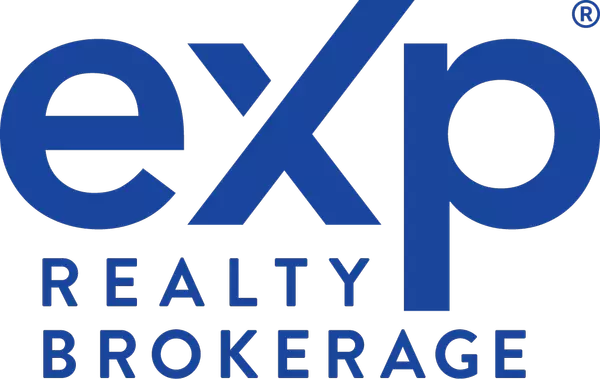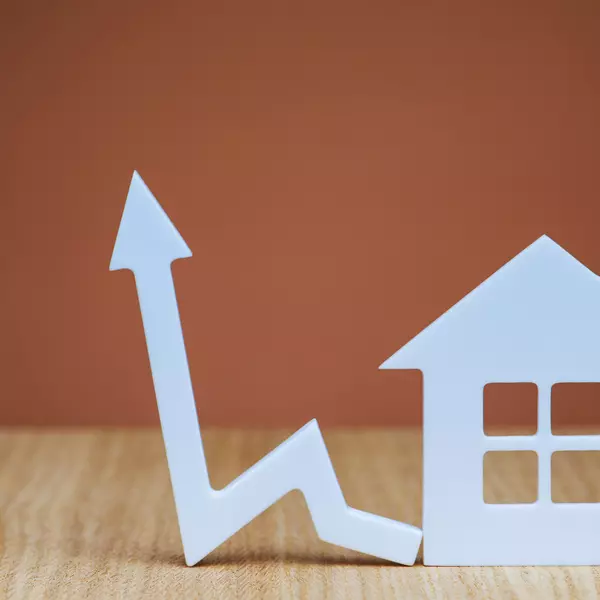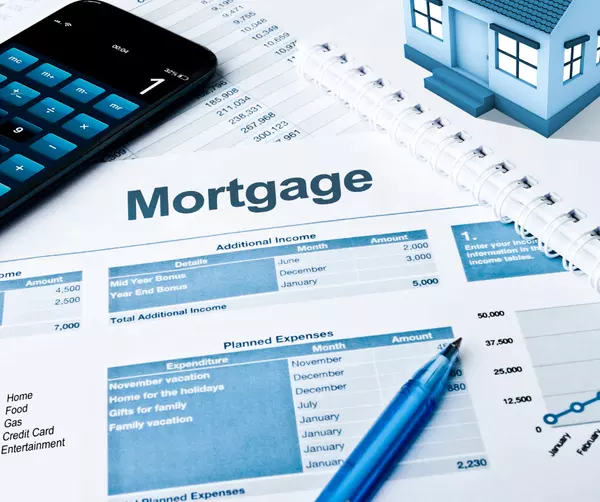From Credit Score to Keys in Hand: Your Homeownership Journey

Reviewing your credit score is an important stage in the process of becoming a homeowner that is frequently missed in the excitement and anticipation. Your credit score is important in the mortgage application process because it influences the interest rates you can qualify for and, eventually, determines the affordability of your ideal home. Consider this a sign to take a deeper look at your credit score and understand how it affects your homeownership objectives.
Understanding the importance of a good credit score.
Your credit score is a financial snapshot that reflects your creditworthiness based on your borrowing and repayment history. When you apply for a mortgage, lenders evaluate this score to determine the level of risk associated with lending to you. A higher credit score not only boosts your chances of mortgage approval, but it also allows you to get better interest rates and loan terms, potentially saving you thousands of dollars over the course of your loan.
The Effects of a Low Credit Score
A low credit score, on the other hand, can be a considerable impediment to home ownership. It could result in increased interest rates, tighter lending restrictions, or even the complete rejection of your mortgage application. Furthermore, a low credit score may limit your home possibilities and require you to accept less desired loan terms, thus impacting your long-term financial well-being.
Take Control of Your Credit Score

The good news is that your credit score is not fixed in stone. There are certain actions you may take to improve it and increase your chances of becoming a homebuyer.
Here are some strategies to consider:
- Check Your Credit Report Regularly: Begin by acquiring a copy of your credit report from each of the three major credit bureaus: Equifax, Experian, and TransUnion. Check the reports for any flaws or inconsistencies that could be lowering your score.
- Pay Your Bills On Time: Payment history is an important aspect in determining your credit score. Make sure you pay all of your bills on time, including credit card payments, loan installments, and utility bills.
- Reduce Your Debt: Having too much debt in comparison to your income might have a negative impact on your credit score. Pay down existing debts first, and avoid taking on additional debt that is unnecessary.
- Maintain Your Credit Utilization Low: Try to maintain your credit card balances far below the limitations, ideally using less than 30% of your available credit. High credit use can indicate financial distress and reduce your credit score.
Avoid Opening New Accounts: Opening many new credit accounts in a short period of time will reduce your average account age and raise red flags with lenders. Limit your new credit queries unless absolutely required. - Avoid Opening New Accounts: Opening many new credit accounts in a short period of time will reduce your average account age and raise red flags with lenders. Limit your new credit queries unless absolutely required.
Empowering Homebuyers with Knowledge
By evaluating your credit score on a regular basis and taking proactive efforts to enhance it, you empower yourself as a homebuyer. You set yourself up for more financial security, more housing possibilities, and, ultimately, a more satisfying homeownership experience. So, if you've been hesitant to check your credit score, consider this your cue to act now and pave the road to your dream home.
Conclusion
Your credit score is more than simply a number; it is the key that opens the door to homeownership. Understanding its significance, evaluating it on a regular basis, and applying improvement techniques can help you achieve your homeownership goals. Don't allow a bad credit score get in the way of your aspirations. Take control of your financial destiny and embark on the path to homeownership with confidence.
Categories
Recent Posts













